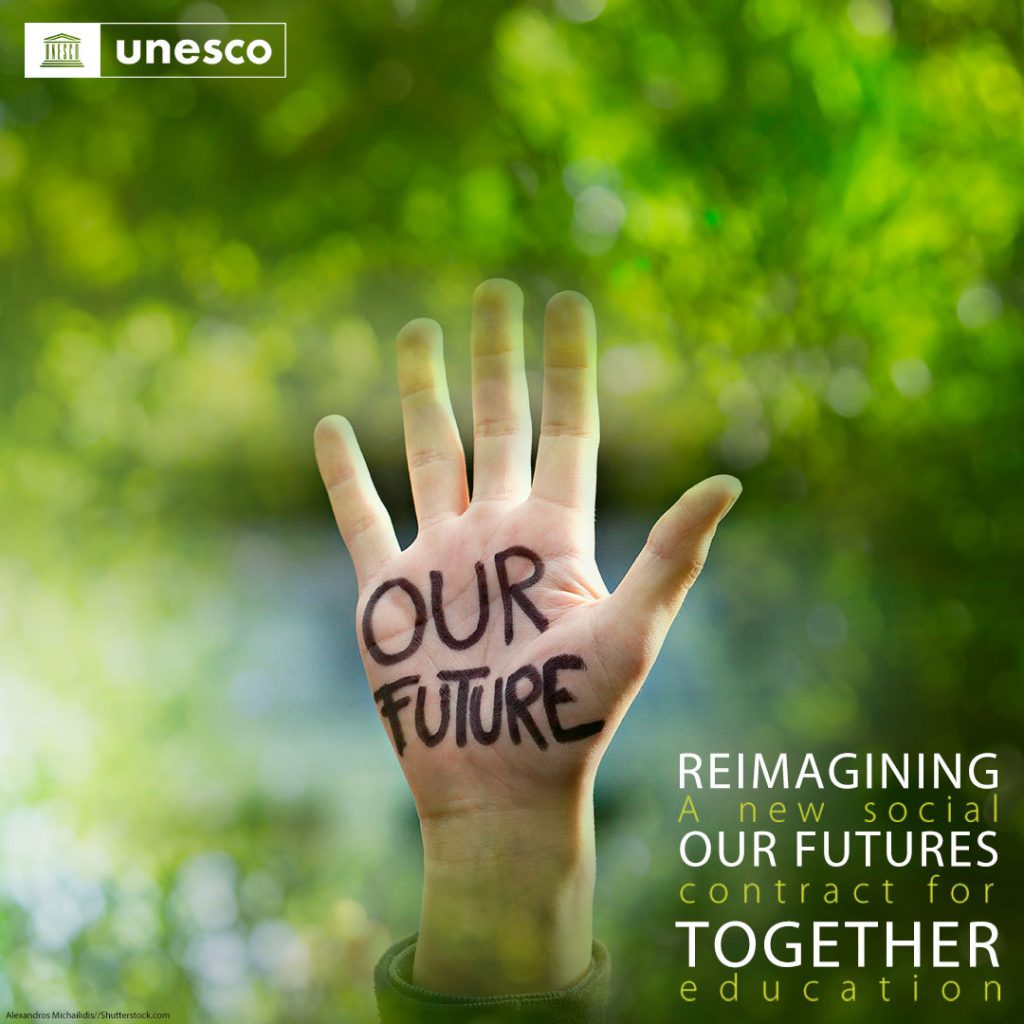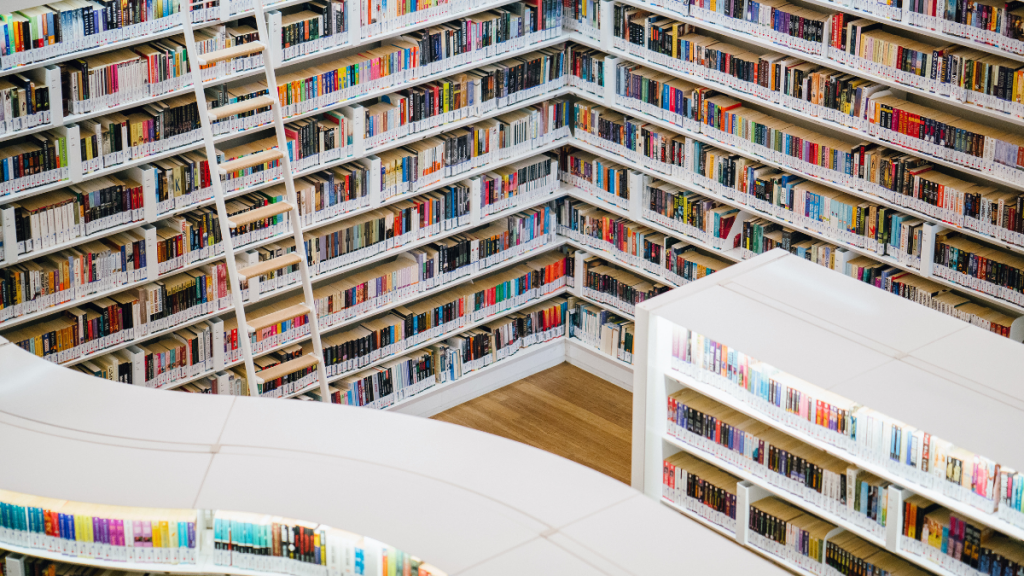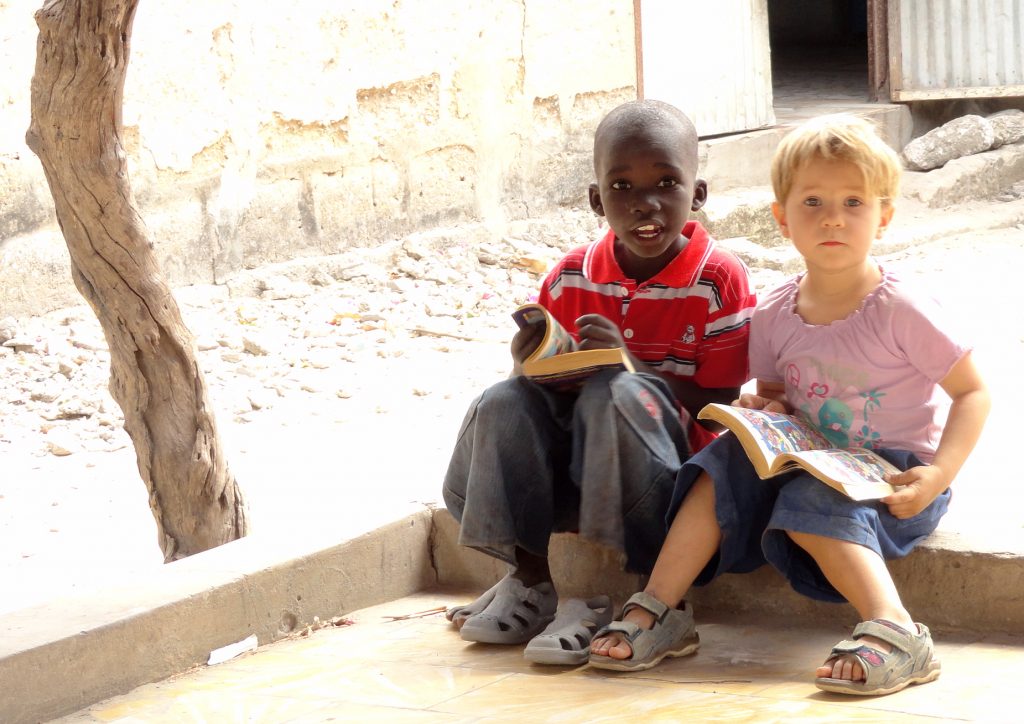The Futures of Education report is a chance to depart from our current ‘unsustainable path’ in education, and build new relationships, with each other, with the planet, and with technology, writes David Atchoarena

On 10 November 2021, the much-anticipated UNESCO report, Reimagining our futures together: A new social contract for education, was launched in Paris at the organization’s General Conference. It was prepared by the International Commission on the Futures of Education under the leadership of Her Excellency Madame Sahle-Work Zewde, President of the Federal Democratic Republic of Ethiopia.
The report follows in the tradition of the Faure Commission’s 1972 report, Learning to Be: The World of Education Today and Tomorrow, and the Delors Commission’s report of 1996, Learning: The Treasure Within. Due to the rapid changes in our globalized world and the rising importance of education and lifelong learning therein, this year’s report could not come at a better time. Global challenges such as the climate crisis, technological and demographic change, and inequalities further exacerbated by the COVID-19 pandemic require urgent action. The world is at a turning point, the members of the International Commission on the Futures of Education argue: we can continue on the current ‘unsustainable path’ or radically change course. How we respond to these challenges will determine what future lies ahead. Continue reading



